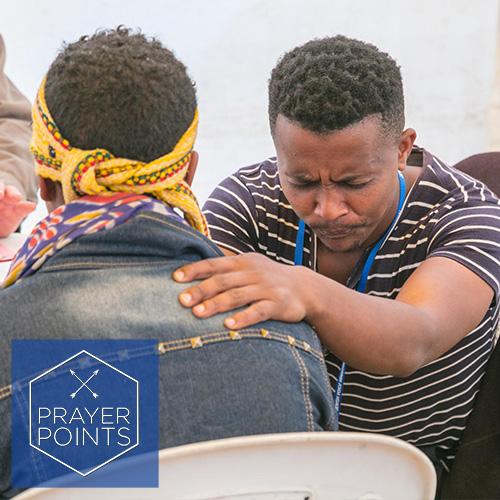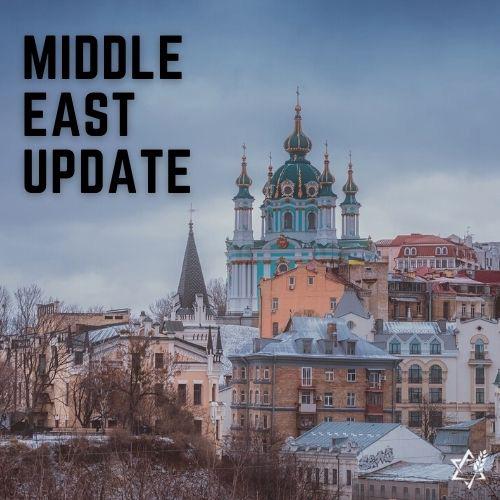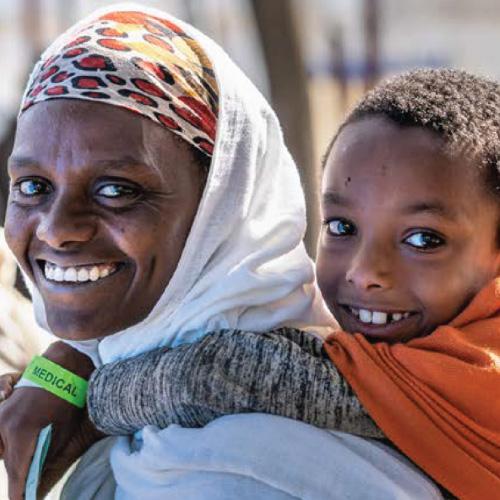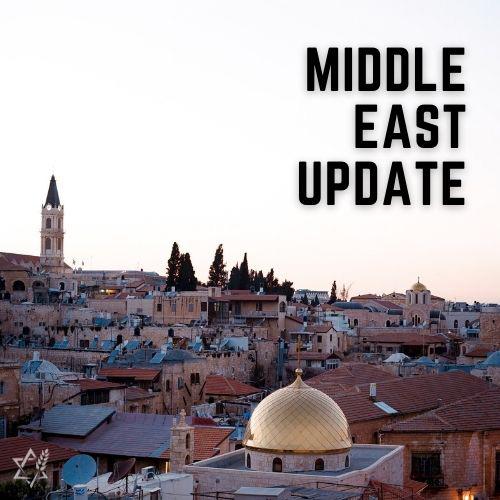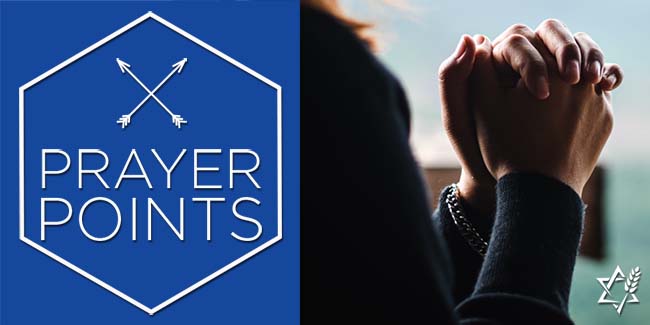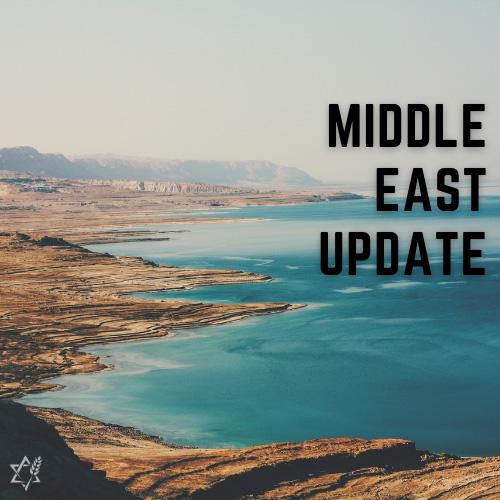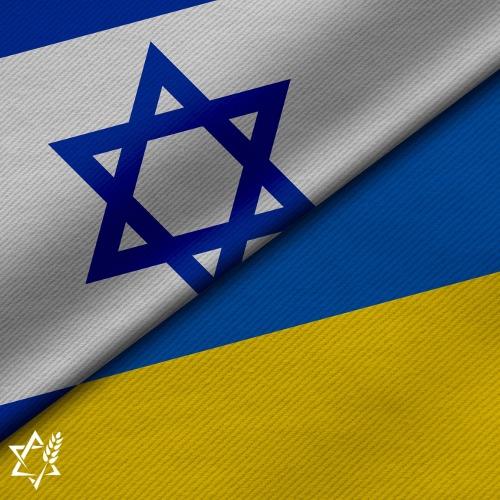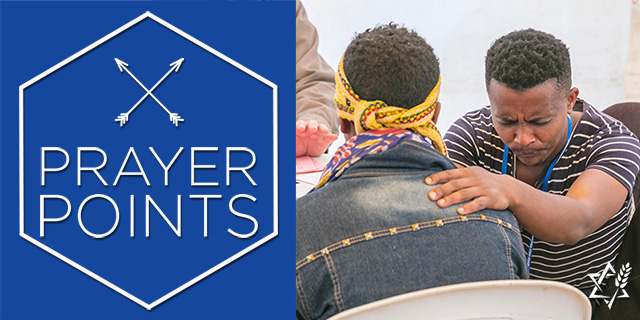
Because of our many travels, we love Psalm 121:8, in which the Lord promises to watch over His people as they come and go. We are asking for your prayers for our comings and goings, including the places we have been and where we’re going now.
Scouting Trip Update – in a nutshell
Thank you for praying for our recent scouting trip to Africa. Our team has come home reporting success! Here are three big praises we experienced:
- Good connections with the Bembe people as we met with them and heard their story
- Successful meetings with the Yibir people in Ethiopia. We are deepening our relationships in the hopes of future opportunities to bless their community
- Significant progress pursuing a future, first-time Medical Outreach in Zambia. We are now on our way to securing permissions
Praise the Lord with us! These were our three main objectives, and it was very significant that the Lord enabled us to achieve all three. Thank you for your prayers that paved the way! Now…
- Please pray for future relationships and ministry opportunities among these peoples and areas
- Ask the Lord’s favor on us in securing favor and permissions for the Zambia Outreach
Messianic Leadership Training Trip
This trip is happening now! Every year, key members of our leadership team travel to Africa to spend time with the leaders of Jewish Voice-affiliated Messianic congregations. The primary purposes are to teach, equip, and engage with the leaders during interactive question-answer times together.
This year’s trip, including travel dates, will be from April 24 to May 8. The first week of training will be in Zimbabwe, with the following week in Ethiopia. Here are ways you can undergird this important annual teaching time in prayer:
- Safe and easy travels, good health, and protection of all kinds, including for our teams’ families at home
- Our two leaders, both of whom are Messianic rabbis, who will be conducting the training times and building relationships with the African congregational leaders
- A special Torah service in Zimbabwe where a Torah scroll will be presented, and the local Believers will learn how to conduct a Torah service themselves
- The guest speaker who is joining our two team members in Ethiopia. This gentleman was born in Ethiopia but now lives in the U.S. and will be ministering alongside our team in Amharic, the local language.
- Two groups of leaders in Ethiopia who have not been historically affiliated with Jewish Voice but whom we want to bless with the ministry training along with the three groups we have worked with there
- Every meeting, conversation and encounter in both nations to be marked by fruitful ministry and the presence of the Lord
You can cover these specific trip dates in prayer by following this link to our Jewish Voice 24/7 Prayer Watch and signing up for a time to pray from home.
Let's Pray:
Lord, we are filled with gratitude and joy at the way You opened doors of favor in each location of our scouting trip. Please allow these areas to now become open doors for effective ministry that will bear lasting fruit. Thank you for the fruit of godly leadership already in place in many Messianic Jewish congregations in Zimbabwe and Ethiopia. Bless our teaching team as they present truth, encourage leaders, and deepen relationships, all in the name of Yeshua. AMEN.



